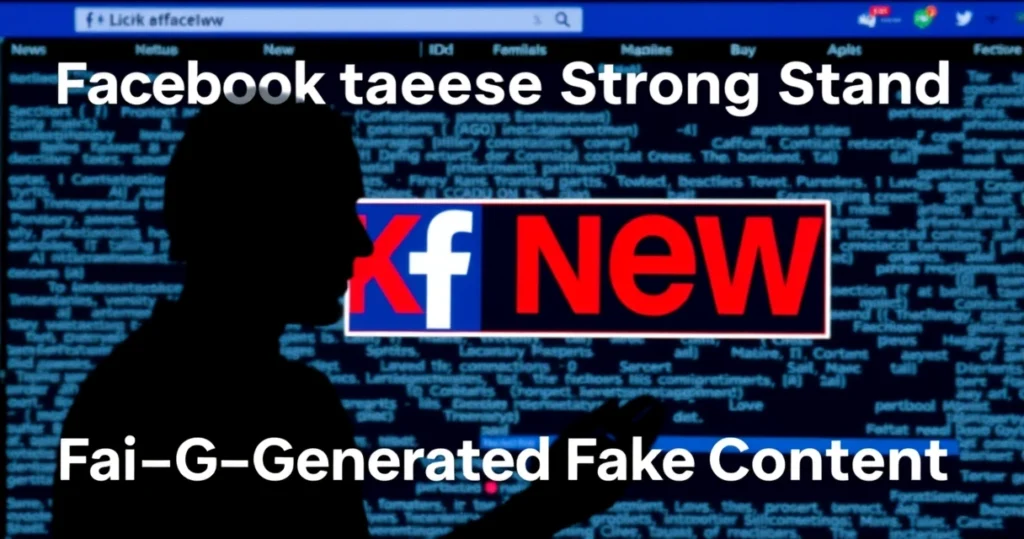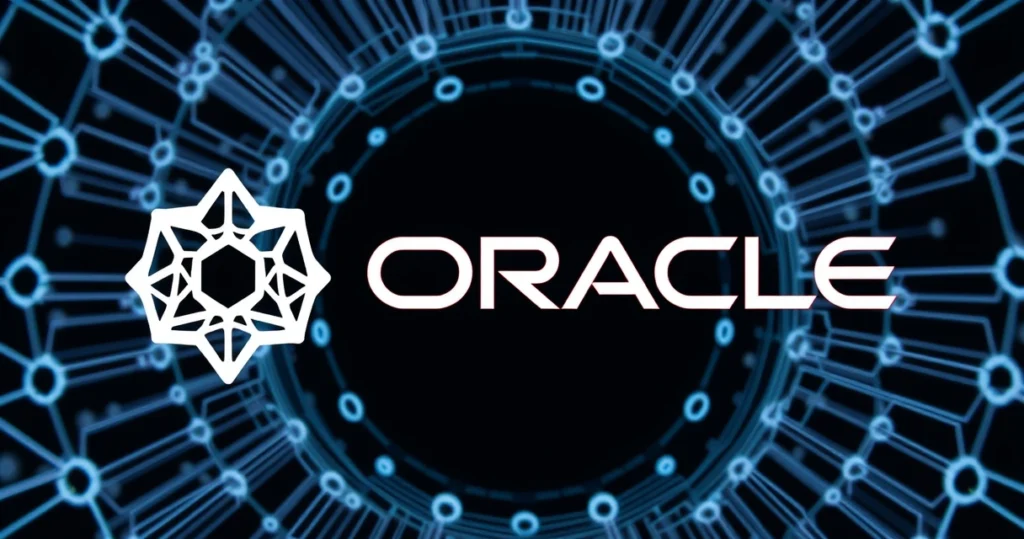Facebook Takes Strong Stand Against AI-Generated Fake Content
In an era where misinformation can spread like wildfire, social media platforms are increasingly tasked with the challenge of content moderation. Facebook, one of the largest social media networks globally, has recently announced a robust initiative aimed at combating AI-generated fake content. This move is in line with a broader trend observed across digital platforms, particularly reminiscent of actions taken by YouTube to protect users from misleading information. By introducing stricter measures against monetization and limiting the reach of posts that utilize unauthorized content, Facebook aims to foster a more trustworthy online environment.

As artificial intelligence continues to evolve, the generation of fake news and misleading content has become a pressing concern. Facebook’s proactive stance not only seeks to curb the proliferation of such content but also emphasizes the importance of authenticity in the digital space. This article delves into the specifics of Facebook’s new policy, its implications for users, and the ongoing battle against misinformation.
The Need for Content Moderation in the Age of AI
The rapid advancement of AI technologies has made it easier than ever for individuals and organizations to create content that mimics genuine articles, videos, and images. This capability raises significant ethical questions, particularly regarding the authenticity of information shared online. The rise of AI-generated content has contributed to the spread of fake news, misleading narratives, and ultimately, a decline in public trust in digital platforms.
The Impact of AI on Information Integrity
AI-generated content can be indistinguishable from human-created content, making it a powerful tool for those seeking to manipulate or deceive. This situation has prompted social media platforms, including Facebook, to reassess their content moderation policies. By implementing stricter rules and utilizing advanced AI detection tools, Facebook is taking a stand against the misuse of technology in spreading misinformation.
Facebook’s New Policy: What You Need to Know
Facebook’s new policy focuses on several key areas to combat AI-generated fake content. Here are the main components of this initiative:
- Monetization Restrictions: Accounts that misuse third-party content will face stringent restrictions on monetization. This means that content creators who rely on AI-generated fake news for income may find their earning potential significantly diminished.
- Limiting Post Reach: Posts identified as containing inauthentic content will have their reach limited. This measure aims to reduce the visibility of misleading information, thereby protecting users from exposure to potentially harmful narratives.
- Content Identification Systems: Facebook plans to enhance its content identification systems, employing advanced algorithms to detect AI-generated content that lacks authenticity.
- Community Reporting Tools: Users will be empowered to report AI-generated content that appears misleading or deceptive. This community-driven approach aims to foster a collaborative effort in maintaining the integrity of information shared on the platform.
Implementation Timeline
The rollout of these policies will occur in phases, with Facebook initially focusing on high-profile accounts and content that has a history of sharing fake news. As the algorithms improve and more data is collected, the platform intends to expand its reach to cover a broader range of accounts and content types.
Comparative Analysis: Facebook vs. YouTube
Facebook’s initiative mirrors similar steps taken by YouTube in recent years, as both platforms grapple with the consequences of fake news and misinformation. YouTube has implemented its own set of policies aimed at reducing monetization for channels that promote false information, particularly concerning significant global events.
Key Similarities
- Monetization Controls: Both platforms have established guidelines to restrict monetization for accounts disseminating misleading information.
- Content Moderation Tools: Advanced algorithms and community reporting systems are central to the strategies employed by both Facebook and YouTube.
Key Differences
- Content Formats: Facebook primarily focuses on text and image-based content, while YouTube’s primary medium is video, necessitating different moderation strategies.
- User Engagement: Facebook’s algorithm emphasizes engagement metrics, which can sometimes prioritize sensational content over factual accuracy, a challenge that YouTube faces differently.
Implications for Content Creators and Users
Facebook’s new policies will have profound implications for both content creators and users. For creators, the need for authenticity and transparency will become paramount. Those who previously relied on sensational or misleading content for views and ad revenue may need to pivot their strategies to comply with Facebook’s guidelines.
For Content Creators
Content creators must adapt to the evolving landscape by focusing on high-quality, authentic content. Here are some strategies for navigating this new environment:
- Develop a clear content strategy that prioritizes factual accuracy.
- Engage with your audience to build trust and credibility.
- Utilize reliable sources for information and fact-check claims before sharing.
For Users
Users also have a role in this initiative. By being more discerning about the content they consume and share, they can contribute to a healthier information ecosystem. Here are some tips for users:
- Verify information before sharing it, especially if it appears sensational.
- Report any suspicious or misleading content to help improve moderation efforts.
- Engage with credible sources and follow pages that prioritize factual reporting.
FAQ Section
1. What types of AI-generated content will Facebook target?
Facebook will focus on content that is inauthentic or misleading, particularly if it mimics legitimate news sources or promotes false narratives.
2. How will Facebook identify AI-generated content?
The platform will employ advanced algorithms and machine learning tools to detect patterns associated with fake news and inauthentic content.
3. Will content creators lose their monetization immediately?
Not necessarily. Facebook will gradually implement monetization restrictions, initially targeting accounts with a history of sharing misleading information.
4. Can users still share AI-generated content if it’s labeled as such?
While users can share AI-generated content, posts that are flagged as misleading will have limited reach, impacting their visibility.
5. How can users contribute to combating fake content on Facebook?
Users can report suspicious content, engage with credible sources, and verify information before sharing to help maintain the integrity of the platform.
Conclusion
Facebook’s decisive action against AI-generated fake content marks a significant step in the ongoing fight against misinformation. By implementing stringent policies that target monetization and limit reach for deceptive posts, Facebook aims to create a safer, more trustworthy online environment. Both content creators and users play crucial roles in this initiative, and their collective efforts will be vital in ensuring that the information shared on the platform is both accurate and reliable. As AI continues to evolve, so too must our strategies for maintaining integrity in digital communication.
📰 Original Source
Este artigo foi baseado em informações de: https://tecnoblog.net/noticias/facebook-vai-barrar-conteudo-inautentico-criado-por-ia/



